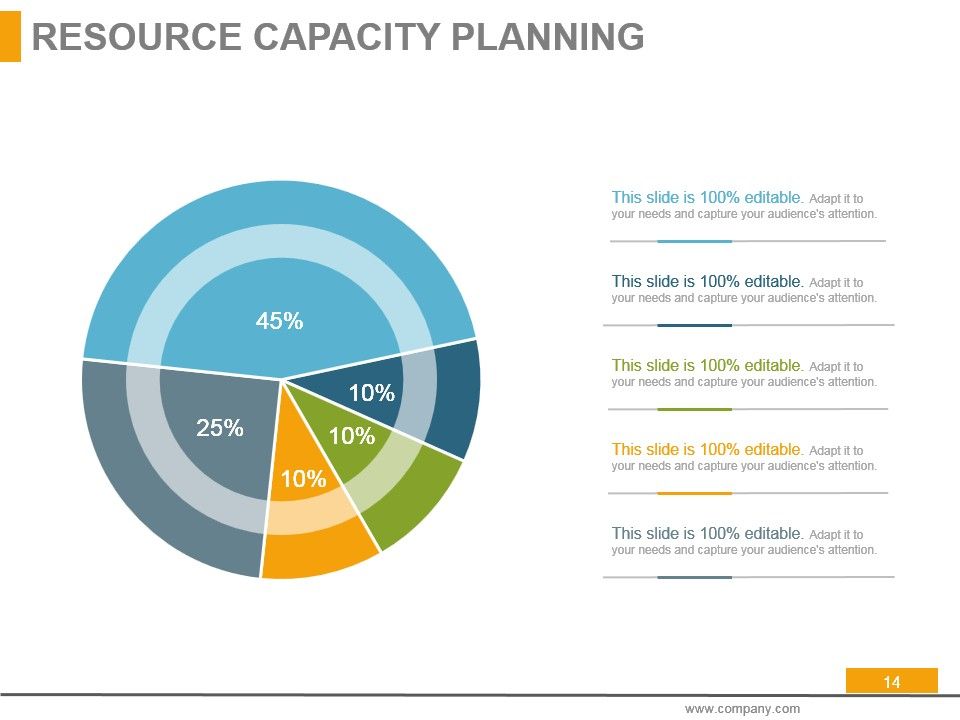
- #PERSONAL BUDGETING TECHNIQUES HOW TO#
- #PERSONAL BUDGETING TECHNIQUES REGISTRATION#
- #PERSONAL BUDGETING TECHNIQUES FREE#
Some banks have dedicated specialists that focus exclusively on business banking needs. As a business, it’s important to be able to access customer service when you need it. Many banks offer competitive business credit cards with perks like cash back, loyalty points and travel protections, so you can make the most of your business spending. But some go further, letting you automate recurring payments and payroll, track tax-deductible expenses or harness advanced search capabilities. Most banks allow you to export data to accounting programs like QuickBooks. Some banks offer bundled accounts, which can help you save money by bundling your business checking with a business savings account, IRA or merchant services account.
#PERSONAL BUDGETING TECHNIQUES FREE#
With domestic wires costing up to $30 per transaction and foreign transfers costing around $50, an account with free wire transfers could save you a lot-even if you pay a monthly fee. Free wire transfers and stop payments.Consider how many transactions you’re likely to conduct in a given month when choosing an account. Business bank accounts may allow up to 500 transactions per month before a fee is applied. Here are some of the best business savings accounts of 2023. Business savings accounts can be a smart place to stash cash for future expenses while earning a competitive interest rate. You can often avoid these fees by maintaining a minimum balance in your account, but some of the best online banks offer free business bank accounts. Business bank account fees can range anywhere from $8 to $30 a month. Here are some factors to keep in mind as you narrow down your options. The best business bank accounts offer low fees and a range of features to help you manage your business.
#PERSONAL BUDGETING TECHNIQUES HOW TO#
How To Find the Best Business Bank Accounts

#PERSONAL BUDGETING TECHNIQUES REGISTRATION#
Business license (business name registration certificate or articles of incorporation).Employer Identification Number (EIN) or a Social Security number if you’re a sole proprietor.Personal identification in the form of a government-issued photo ID.At a minimum, all business owners need to provide the following: The documents you need to open a business bank account will depend on the type of business you operate.

What Documents Do I Need To Open a Business Bank Account? Many accounts will also require an opening deposit, which you can often pay by check, credit/debit card or electronic transfer from another bank account.

Apply in person or onlineĭepending on the financial institution, you can either bring your documents into a branch or open an account online by uploading your documents. Commonly required documents are explained below. Have any required documents, such as a government-issued photo ID or business license, ready before you go into a bank or apply online. Also known as a tax ID number, an EIN is a unique number assigned to your business that’s used for tax reporting purposes. If you haven’t already, you’ll need to get an official IRS EIN (Employer Identification Number). The requirements to open a business bank account are similar across different types of financial institutions.


 0 kommentar(er)
0 kommentar(er)
